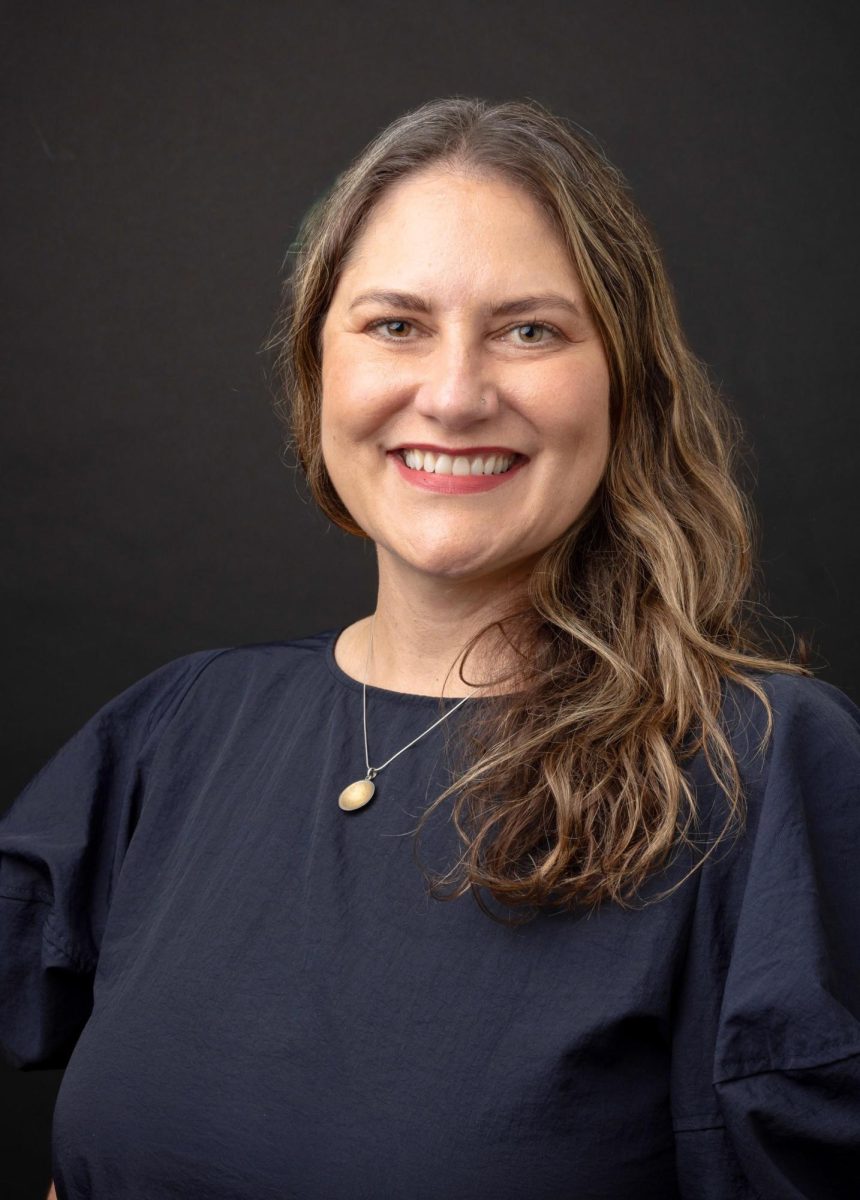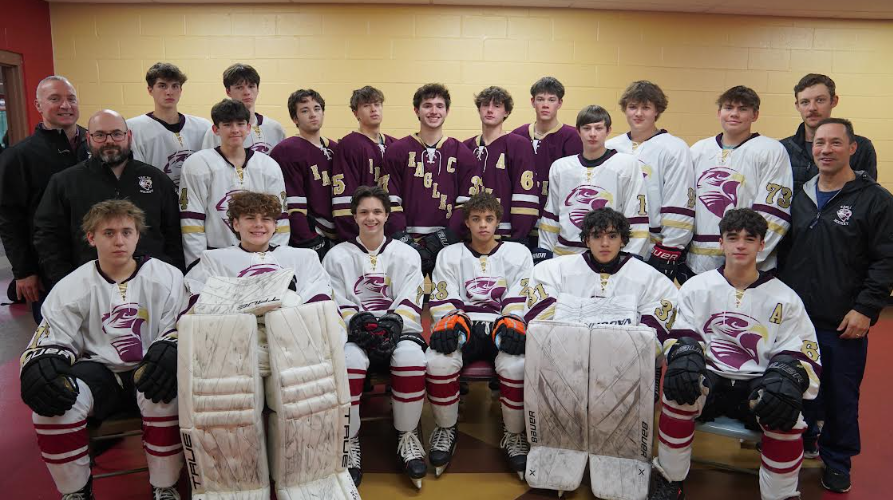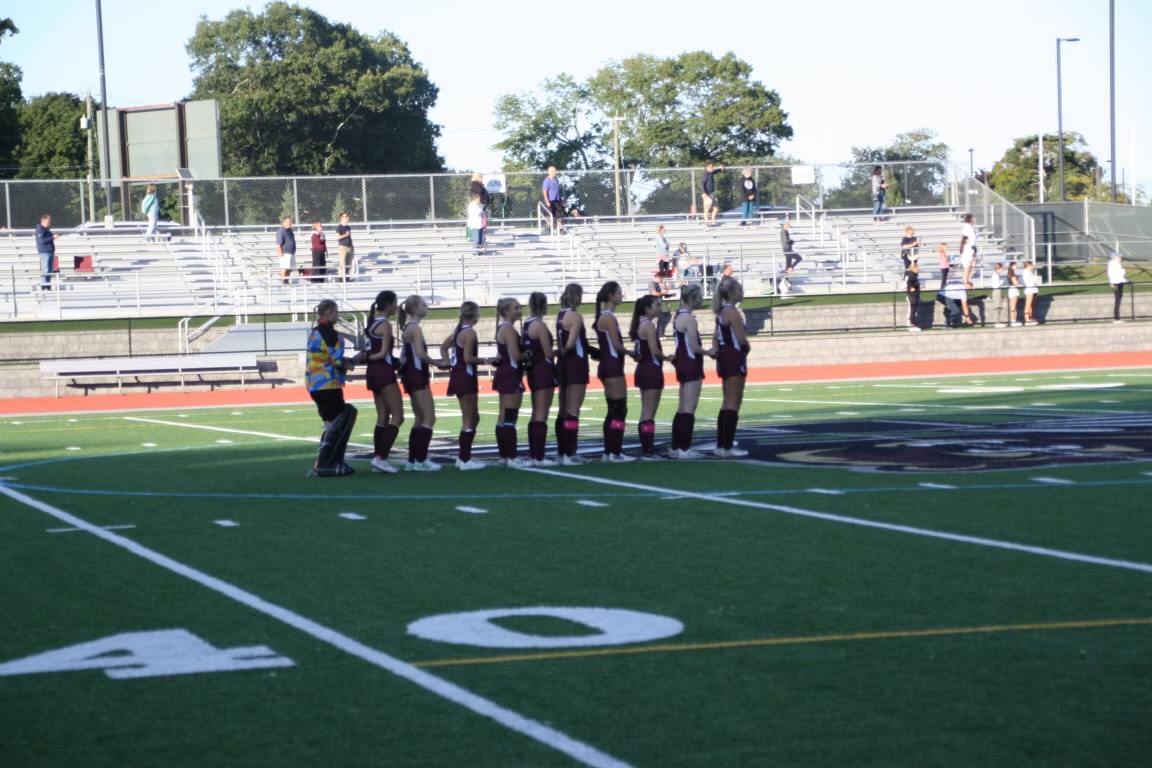ELHS counselor David Willis describes education as “the most powerful weapon to change the world.”
According to Student Choice, education is currently the fourth most popular undergraduate major, and has maintained this ranking for years.
Along with the typical topics like math and language arts, school is where young and impressionable students learn critical social concepts such as kindness, cooperation, responsibility, and communication. Teachers play a crucial part in the school experience.
“I think teaching is the most important job in the world, and I say that without reservation. It’s just so important to have quality teachers out there,” student teacher advisor at Eastern Connecticut State University Jason Peacock said.
To help prepare for what can be a stressful occupation, there are plenty of layers in place to help guide prospective teachers. Many volunteer opportunities exist within tutoring and mentor programs. Additionally, high schools typically have courses that are applicable to the field of teaching. One example, ELHS has a Birth to Three course that is popular with students.
“It was definitely cool to learn how to create lesson plans and get experience actually teaching the kids. It shows you what you’re going to be doing as a teacher,” Birth to Three aid and senior Alissa Hatt said, who plans to double major in elementary and special education.
ELHS also offers an early college experience class, Human Growth and Development, for seniors where students can work as interns once a week at one of the local elementary schools or ELMS.
In Connecticut, when someone applies to a teaching program within their college, they first choose the subject and grade level they would like to teach. There are programs offered to gain certification or a masters degree. Connecticut requires teachers to eventually earn a master’s degree.
Connecticut ultimately requires a minimum of 10 weeks of full-time student teaching to be completed. After finishing the teaching program, there are subject-matter tests to show that the student knows their subject well enough to teach it. Lastly, students apply for teacher certification.
Advisors look for certain competencies when observing a student teacher’s ability: classroom management, communication, interpersonal skills, facilitation, engagement, flexibility, adaptability, caring, and inclusiveness.
Being responsible for kids and their learning experience can often seem like an overwhelming task to student teachers. Advisor Mr. Peacock explains that it’s difficult for incoming teachers to understand that teaching is about the students and their ability to learn rather than the teacher.
“I put a lot of pressure on myself to be a really good first-year teacher. I overcame that by realizing you don’t have to be perfect – nothing about the job is about perfection. So, I learned that eventually and I’m still learning that,” music teacher Emily Lattanzi said, who is in her fifth year of teaching. There are aspects to teaching that come unexpected to newer teachers . Many hours are dedicated to grading and lesson planning. Creating lessons can be rather time consuming, but it is ultimately rewarding to see the hard work being actively used in the classroom.
Besides the rather stressful aspect of early student teaching, it can also be extremely moving and thrilling as teachers begin to apply what they have learned and get into the classroom.
“I’ve really enjoyed working with the students I’ve met over the past few months. I love when [the students] come in and I get to hear how their days and lives are going,” student teacher at ELHS Gavin Duthie said.
There is a touching power within student-teacher relationships. High school, in particular, can be very difficult for students and it can be hard to navigate where to go after graduating. Having a trusting bond with a teacher can go a long way for students.
“I just look forward to seeing the kids every day. I put a lot of emphasis on my relationship with students. And I think I have a lot of really great ones,” Ms. Lattanzi said.
Although it can feel like a long and overwhelming process, becoming a teacher and getting the opportunity to have a significant impact on young students ultimately pays off and can benefit a student for the entirety of their life.






